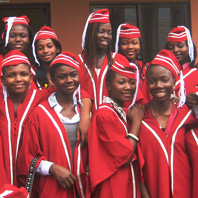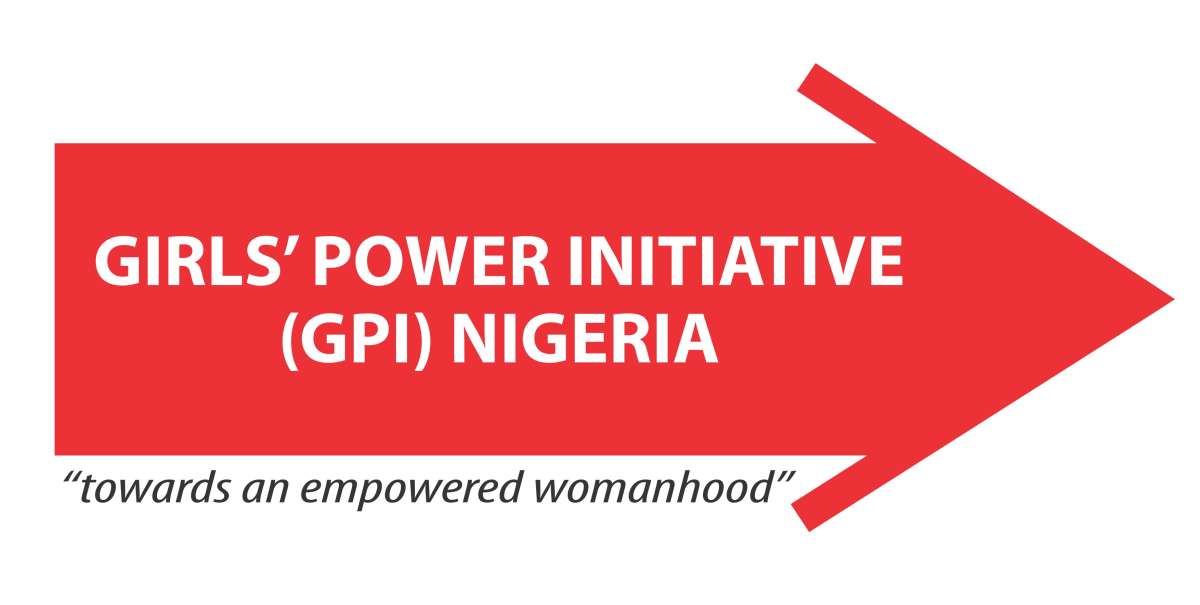
Nigeria is the most populous African country. More than one third of the country’s total population of 160 million is between the ages of 10 and 24; and by 2025, the number of young Nigerians in this age range will exceed 80 million. Effective programs are needed to provide youth, especially girls, with the required information and skills to protect themselves and realize their goals.
Amid rapid economic growth and the youth bulge, girls face serious challenges such as a lack of sexual and reproductive health information and services; unwanted pregnancy, unsafe abortion, and sexually transmitted infections including HIV/AIDS; and undeveloped skills to negotiate relationships. In addition, early marriage and childbearing at young ages limits girls’ educational and employment opportunities.

The Girls’ Power Initiative (GPI) works to address these challenges. A pioneer in the field of sexuality education in Nigeria and sub-Saharan Africa, it provides girls with information and skills about gender equality, sexuality and human rights. Its mission is to protect and empower girls to pursue educational and employment opportunities, and help them grow into self-confident and powerful young women. Through leadership development programs and advocacy, GPI’s staff helps to foster young leaders and implement youth-friendly policies at local, state and national levels. GPI currently operates in four Nigerian states and also runs a weekly program on state television where issues affecting adolescent girls are addressed nationally.
In recognition of its innovative role in the country, the Cross River State Government in 2005 gave GPI an award for the introduction and implementation of sexuality education in the state, such as providing Family Life and HIV/AIDS Education programs, training teachers, and developing curricula for more than 200 public schools. In 2007, GPI received an international award for excellence and innovation in sexuality education from the World Association for Sexual Health.
GPI will use the $350,000 MacArthur Award to retrofit its 200-person resource and conference center to accommodate computer training and professional skills development programs; build an independent recording studio for GPI’s television programs and other media activities; and purchase buses to facilitate the transportation of girls during weekly lessons and ensure their safety. These changes will enable GPI’s outreach programs to reach further into more rural communities, and also increase the quantity and quality of GPI’s media content.
